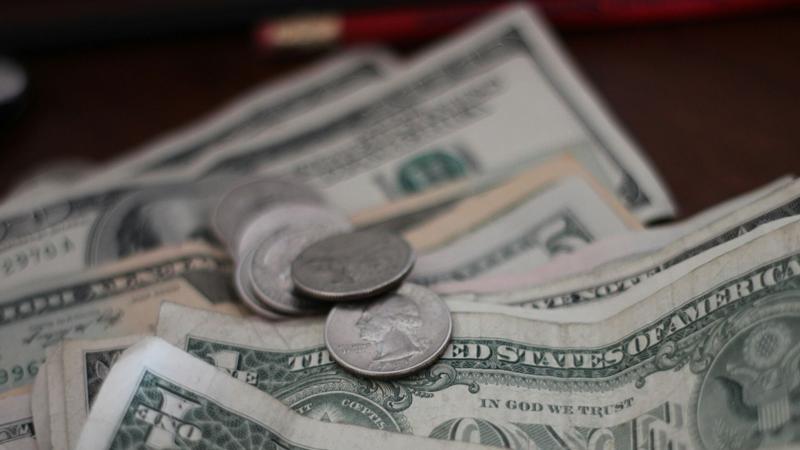Democratic lawmakers have introduced legislation that would nearly triple the federal minimum wage.
The Raise the Wage Act of 2025 would change the current federally mandated wage from $7.25 to $17 an hour by 2030, as well as raise and eventually equalize the $2.13 hourly minimum wage for tipped workers.
U.S. Sen. Bernie Sanders, I-Vt., who caucuses with Democrats, and Rep. Bobby Scott, D-Va., introduced companion bills in the House and Senate Tuesday.
“At a time of massive income and wealth inequality, we can no longer tolerate millions of workers trying to survive on just $10 or $12 an hour,” Sanders said. “Congress can no longer ignore the needs of the working class of this country. The time to act is now.”
Nearly 40 million workers in the United States earn the equivalent of less than $17 per hour, according to the Economic Policy Institute. The EPI estimates that more than 22 million workers in the U.S. will see their yearly wages increase by an average of $3,200 if the legislation passes.
“No person working full-time in America should be living in poverty,” Scott said Tuesday. “Raising the minimum wage is good for workers, good for business, and good for the economy. When we put money in the pockets of American workers, they will spend that money in their communities.”
The current minimum wage dates back to 2009, when inflation rate was -0.36%. In 2025, the inflation rate is around 3%, meaning that $100 in 2009 money is equivalent in purchasing power to about $148 today, according to the U.S. Bureau of Labor Statistics.
Although 85 worker and labor advocacy organizations support the bills, both of which have dozens of Democratic cosponsors, opponents say such a drastic increase over the course of five years will force businesses to lay off workers and raise their prices.
The legislation is unlikely to pass with Republican majorities in both chambers.







